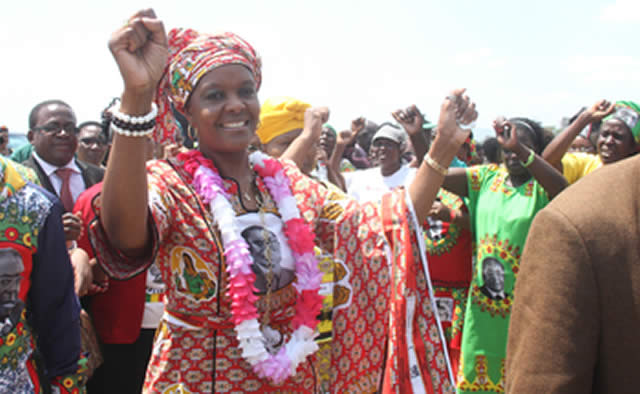EDITORIAL COMMENT: A case for National Youth Service

THERE is growing foreboding about the calibre of Zimbabwe’s youths. The young generation has faced a lot of challenges in the past decade or so and this is mainly because of the socio-economic challenges that this country has encountered as a result of internal and external circumstances. Some of these challenges have largely been unforeseen — a kind of force majeure — for which the country was totally unprepared for.
For example, it was inconceivable a few years prior to the past decade that we would have a lot of redundant, but educated young people who would be rendered so by massive de-industrialisation occasioned by the attack on this country’s economy by the West.
All things being equal, our colleges and universities would today still be able to churn out graduates who would be absorbed into industry. We also note that in the intervening years there have been trends that have proliferated our space as a function of global developments and advancements.
The issue of social media and other information communication technologies may quickly come to mind. At home, political developments have occurred in ways that have not been predictable and in a manner that poses significant headaches. All this forms part of a milieu that poses challenges to policy makers and Government. We have been expressing worry at how all these forces have shaped the youths of today.
In particular, the youths of the ruling party, the revolutionary party have come into sharp focus not least because they are potential torch-bearers of the revolution.
They have also been exposed in an unprecedented manner, taking part as they are, in the big political debates of the day. What has emerged from the breed of youth is that they are not free of generational failures and vices.
Lack of discipline, rumour-mongering, factionalism and abuse of the name of the party and its officials have been the hallmarks of these youths. Already, some of the youngsters have faced the music.
Where it was expected that they would behave in a disciplined manner befitting a revolutionary party they have tended to act in a disorganised and shameful manner.
Where they have been expected to work hard and be entrepreneurial, many of them have gone the easy route of extortion.
Where they have been expected to follow the values of unity, patriotism and nationhood they have chosen the path of following individuals and personalities.
Where they have been expected to till and work the land, they have chosen to be idle.
All this cries out loud for the reintroduction of the national youth service, which should not only benefit the youths of Zanu-PF, but others as well.
We recall that soon after Independence in 1980, Government established the youth brigades initiative, whose purpose was to create a politically conscious vanguard that would take an active role in developing the newly-independent State.
The programme did not last long, but at the turn of the millennium, the National Youth Service was introduced. Its basic aims were to instil a sense of nationhood in young people, and imparting in them life skills.
Six centres namely Border Gezi in Mashonaland Central, Kamativi in Matabeleland North, Dadaya in Midlands, Guyu in Matabeleland South, Vumba in Manicaland, and Chikwerengwe, and Mshagashe in Masvingo were established and up to 80 000 young people benefited.
The programme was stalled because of funding constraints and efforts have been underway to revive it, with minor make up, but the funding challenge has proven hard to surmount. Just a few months ago, Government re-launched the National Youth Service making it a leading youth empowerment programme focusing mainly on economic education using the productive Psychomotor Training Model. It would seem though that the idea has not gained traction. What we pray for, though, is that this programme of moulding responsible, hardworking, skilled, disciplined and patriotic young people be on everyone’s lips again.
The country’s future depends on it.
Resources must be found to operationalise the programme, in the absence or shortage of which its main precepts must be taught to the youth and leaders in manageable scales. The country and leadership cannot afford to rest on their laurels while the youth hurtle down a dangerous precipice.
We urge authorities to take action now.








Comments